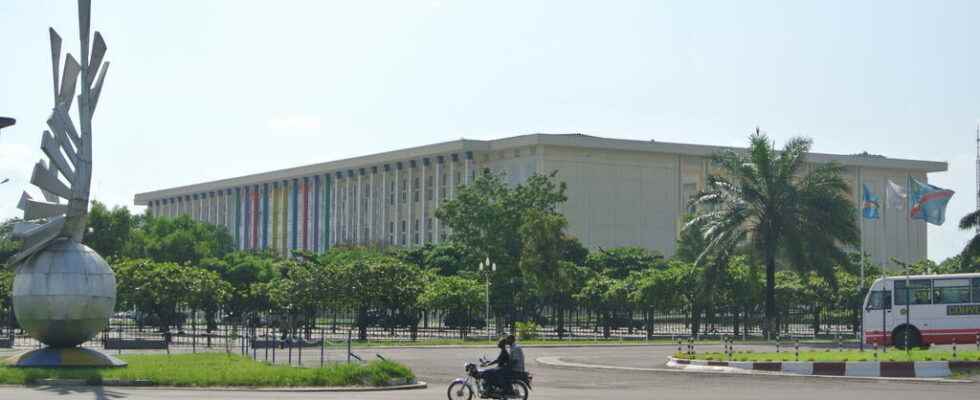In the DRC, the bill on the revision of the electoral law is sent to the Political, Legal and Administrative Commission of the National Assembly. This process is taking place against a background of growing distrust between the various actors. Friday’s plenary dominated by the Sacred Union, Felix Tshisekedi’s platform, rejected a series of proposals from the G13, a collective of parliamentarians and civil society, initiator of the text.
With our correspondent in Kinshasa, Patient Ligodi
The ban on candidates choosing members of their biological family as substitutes was rejected. The same fate was reserved for the proposal to ban candidates from handing out money during the election campaign. The deputies also rejected the proposal to make the electoral cartography public before the publication of the electoral calendar.
The G13 had also suggested the institution of a sanction against the president of the CENI in the event of refusal to publish the results polling station by polling station. This proposal was also excluded.
But what’s left from the original text ? Nothing, according to a member of the G13 who believes that their proposals have been emptied of their substance. The coalition will be meeting this week to set its position on the follow-up to these reforms.
Meanwhile, Martin Fayulu’s Lamuka and Joseph Kabila’s FCC consider that the climate in the National Assembly no longer favors calm debate. These platforms offer exchanges outside the parliamentary framework on the main options to be exercised.
